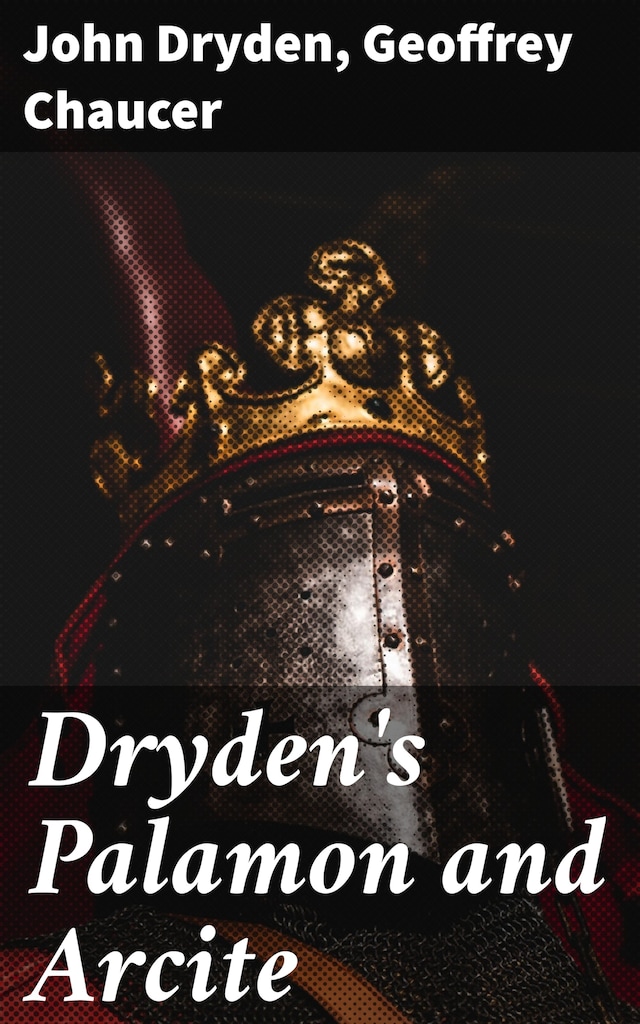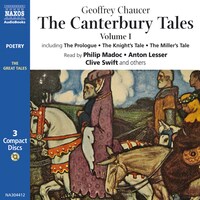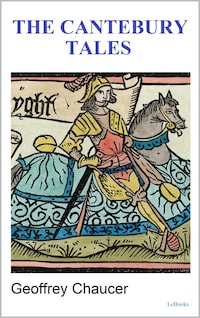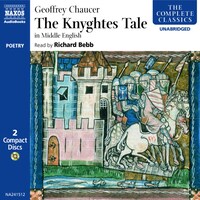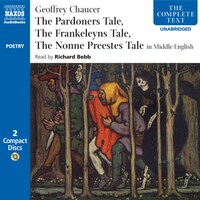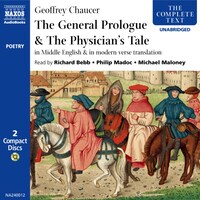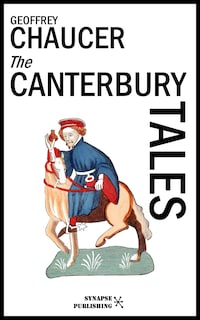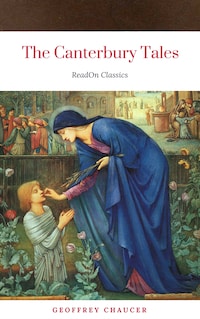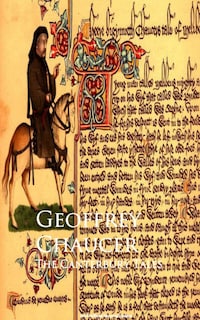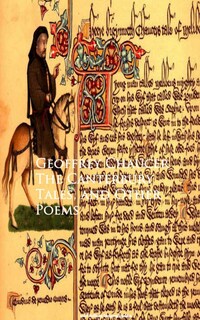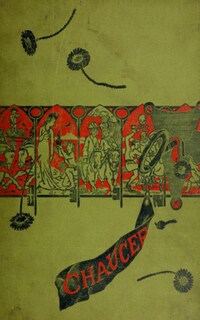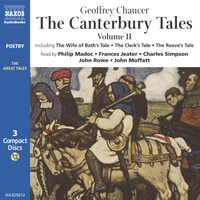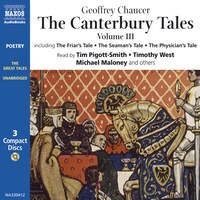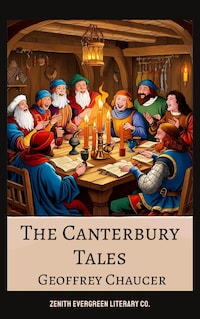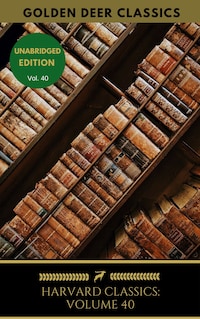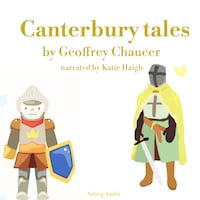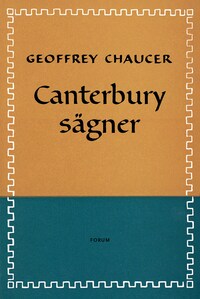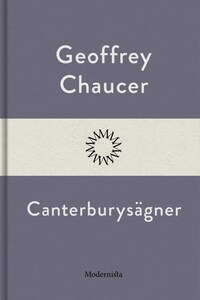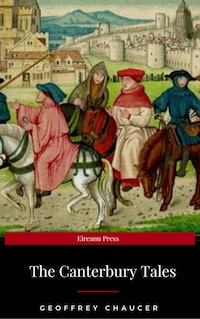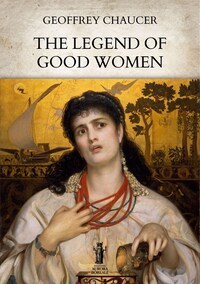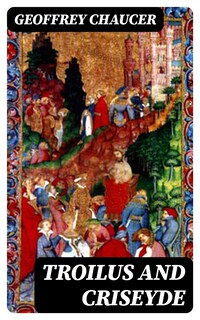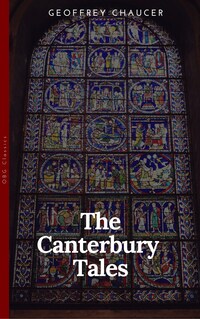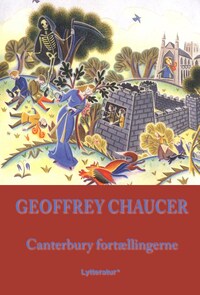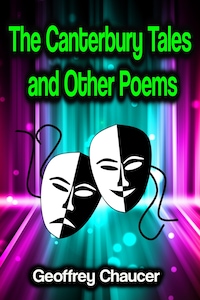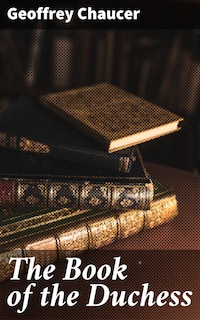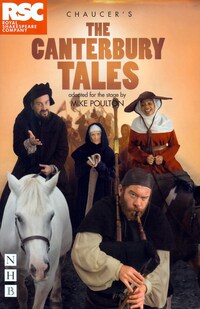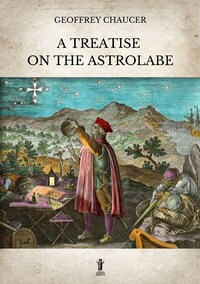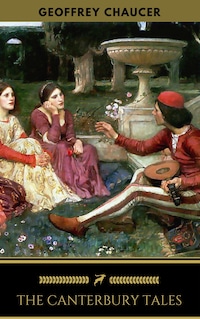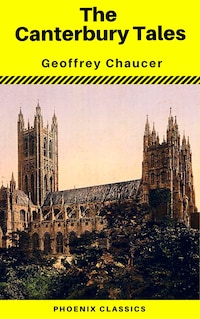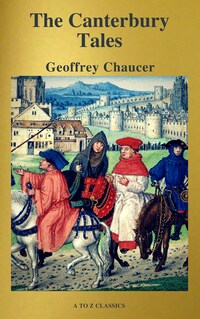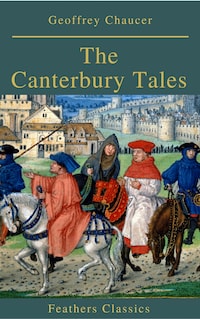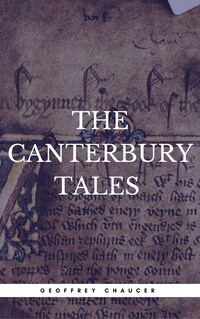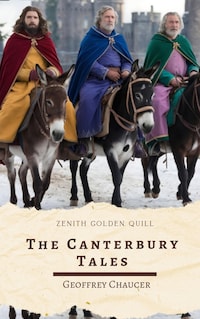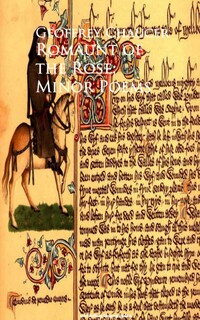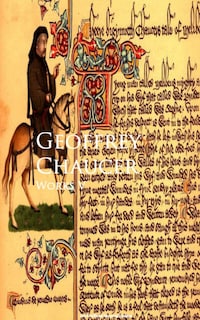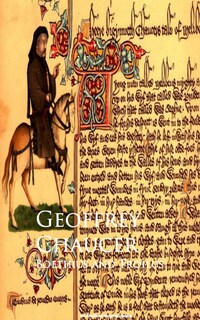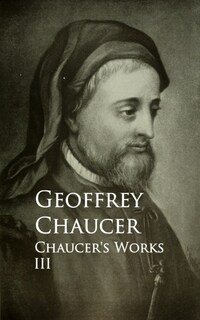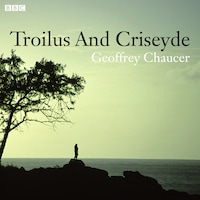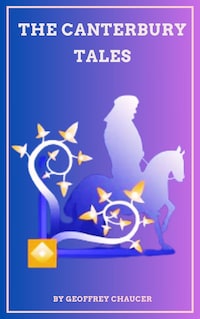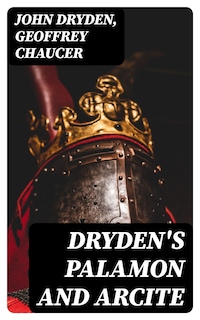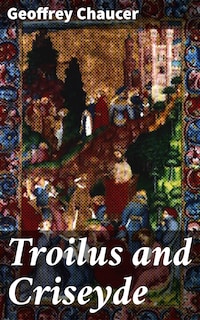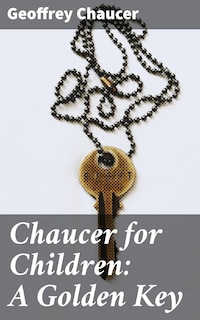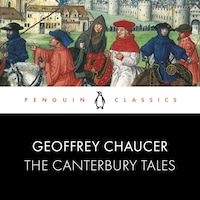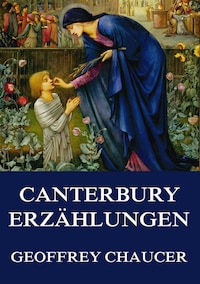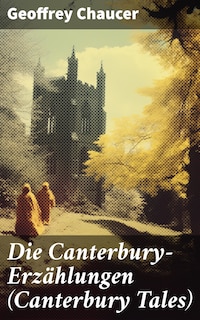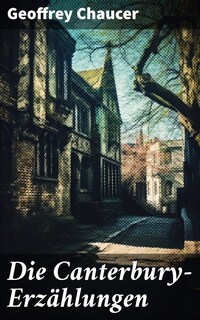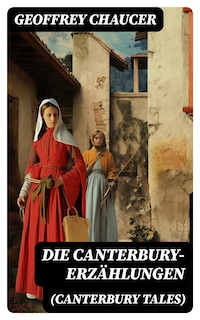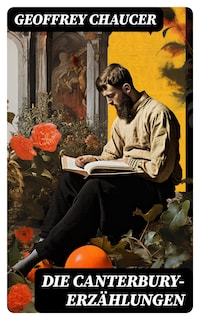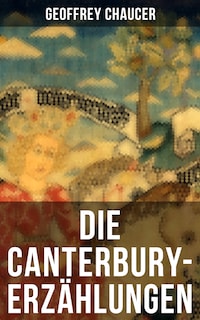Dryden's Palamon and Arcite
Exploring the Timeless Themes of Love, Chivalry, and Existential Struggle in English Poetry
Beskrivning av boken
Dryden's Palamon and Arcite is a captivating anthology that encapsulates the transformative power of adaptation and translation in the literary realm. Bringing together the genius of John Dryden with the timeless narratives of Geoffrey Chaucer, this collection highlights the interplay between classical form and Restoration innovation. The anthology primarily showcases 'Palamon and Arcite,' a retelling derived from Chaucer's 'The Knight'Äôs Tale,' and other selected works that demonstrate the intricate balance between fidelity to the source and the creativity of personal interpretation. By incorporating a variety of poetic forms and styles, this collection reveals the dynamic versatility of literature across ages, seamlessly bridging medieval and early modern English literature. The anthology's contributors, Dryden and Chaucer, are stalwarts of their respective eras, each bringing a distinctive flair that enriches the retelling. Dryden, as a master of Restoration literature, breathes new life into Chaucer'Äôs medieval classic, offering a nuanced perspective influenced by his own historical and cultural milieu. The collection aligns with significant literary movements, celebrating the transition from medieval to modern English, while exploring themes of love, honor, and destiny. The convergence of these diverse voices offers a deeper appreciation of the historical evolution of storytelling. This anthology offers an enriching exploration of literary adaptation, presenting a rare opportunity to examine the continuity and transformation of storytelling traditions. Readers are invited to engage with this dialogue between Dryden and Chaucer, allowing them to explore the rich tapestry of medieval and early modern thought and creativity. Whether approached for its educational merit, its literary insight, or its historical context, Dryden's Palamon and Arcite is an invaluable resource for anyone interested in the enduring dialogue between past and present."}
 112 Sidor
112 SidorFyll ditt liv med berättelser
från 99 kr/mån
Över 1 miljon böcker. Välj en prenumeration som passar just dig. Ingen bindningstid.
